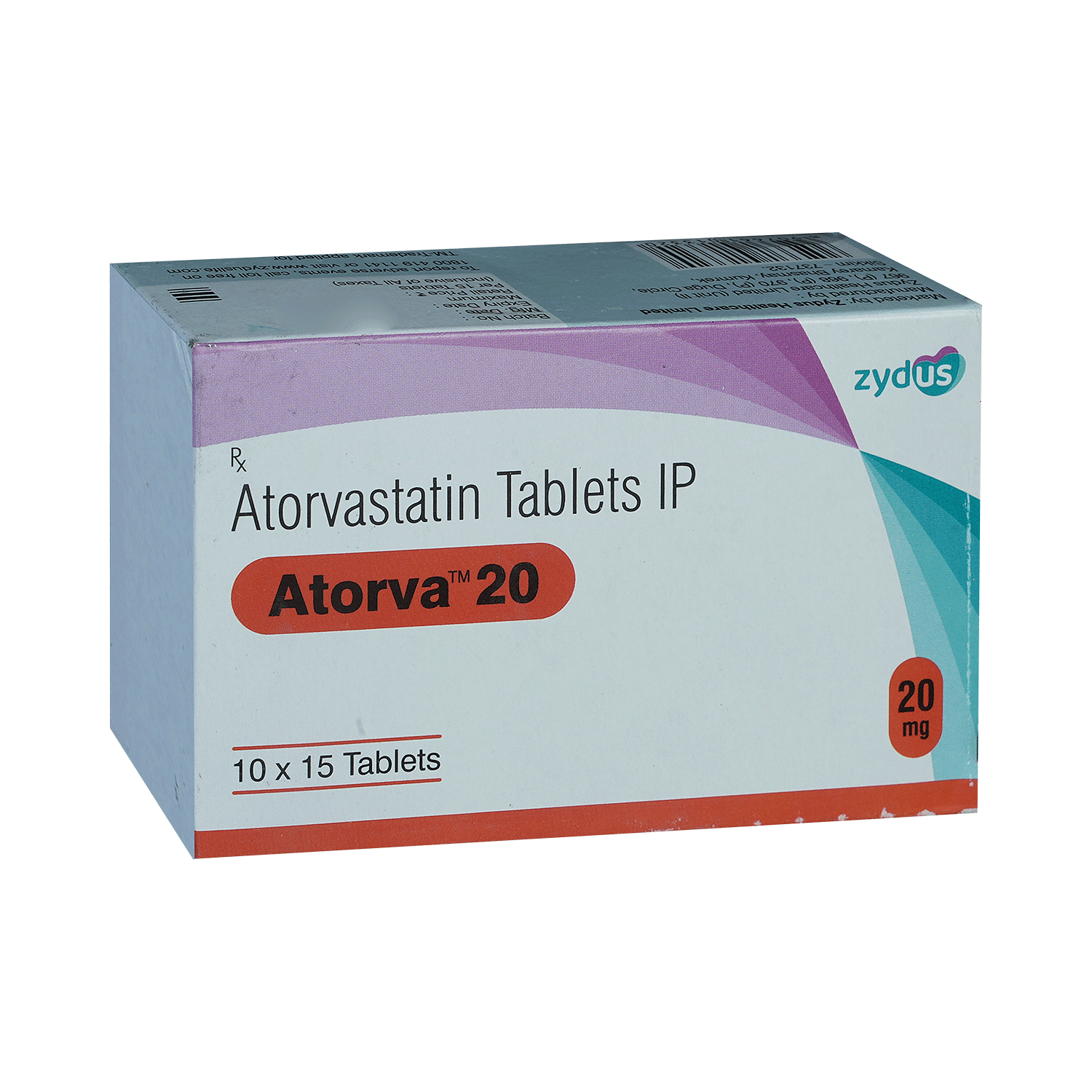
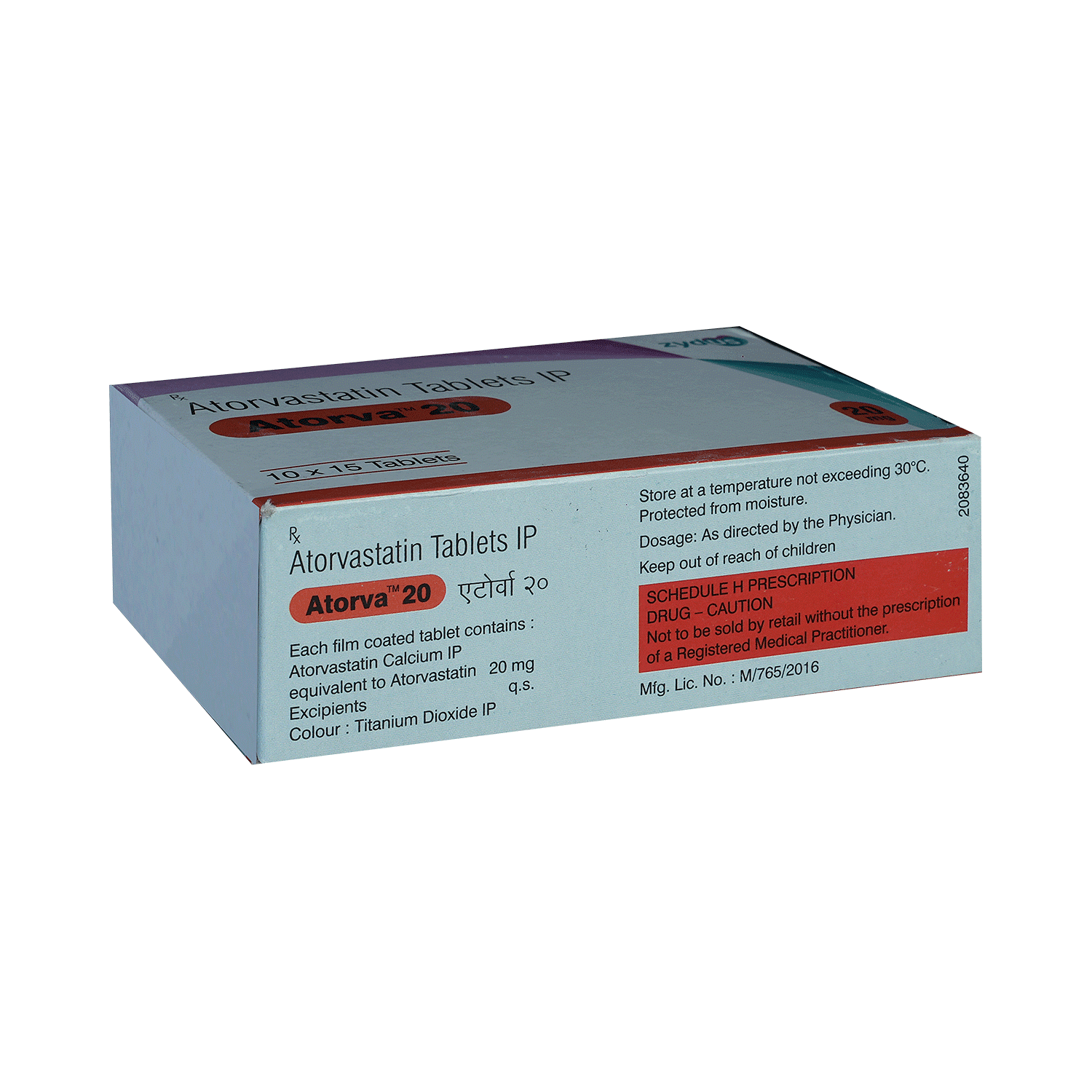
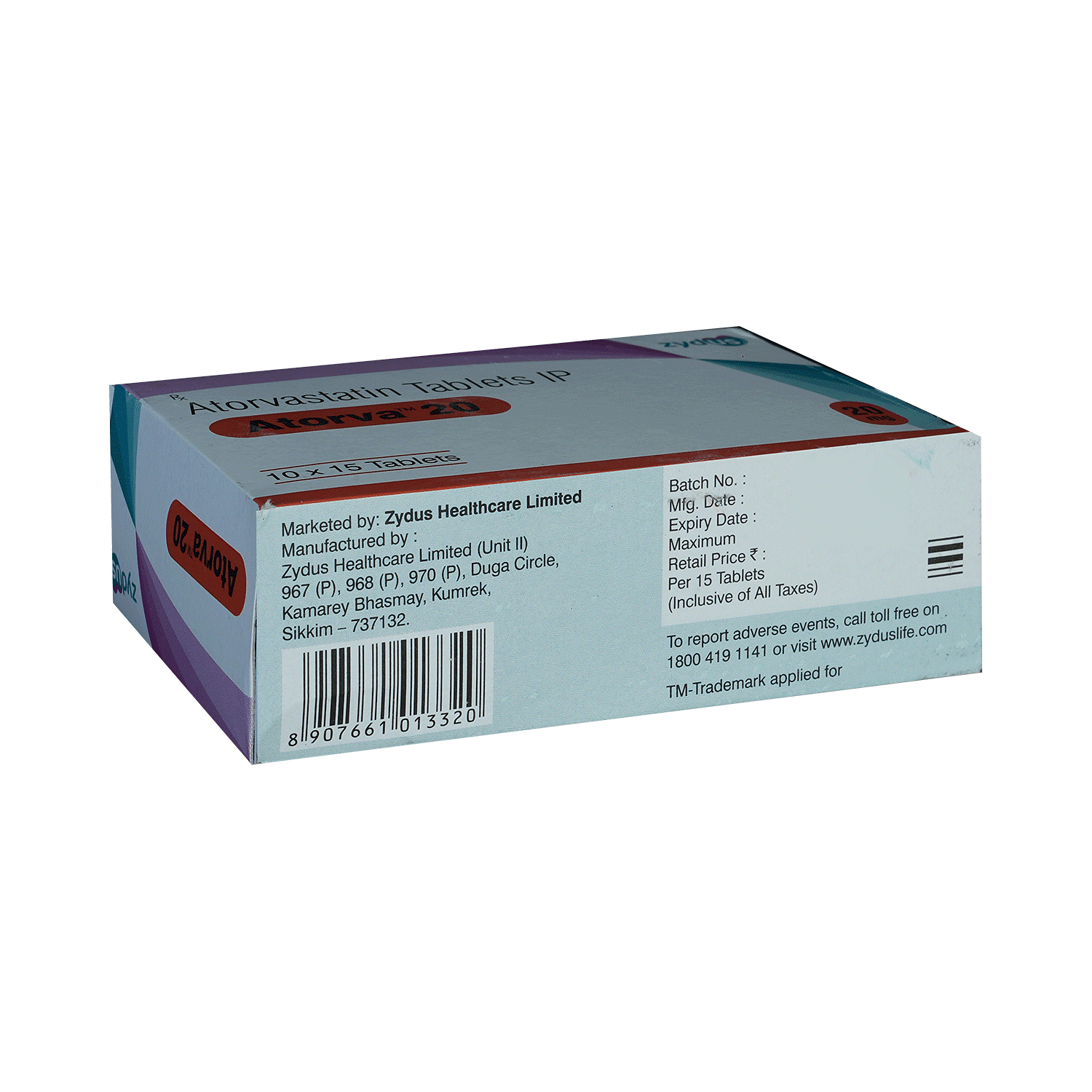
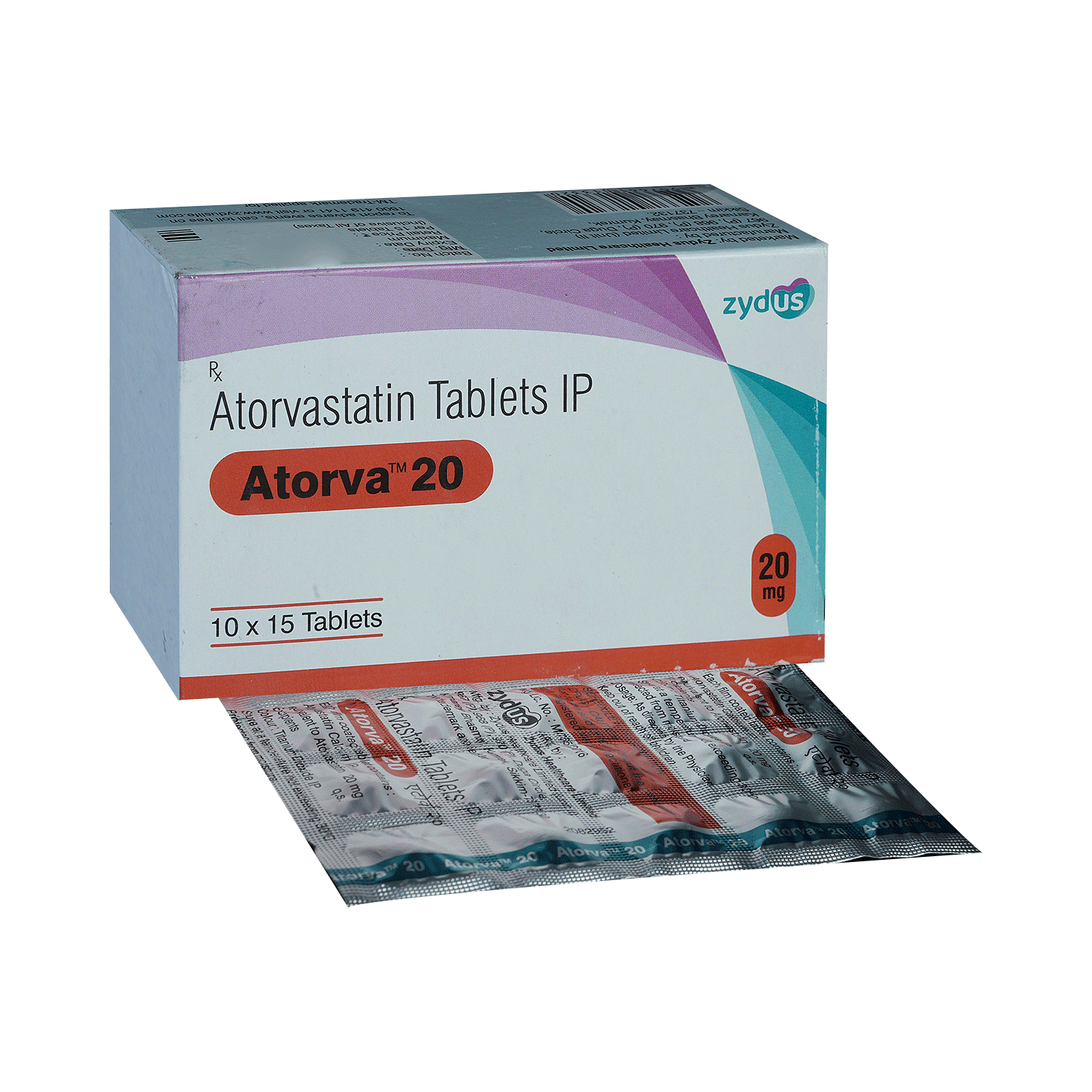
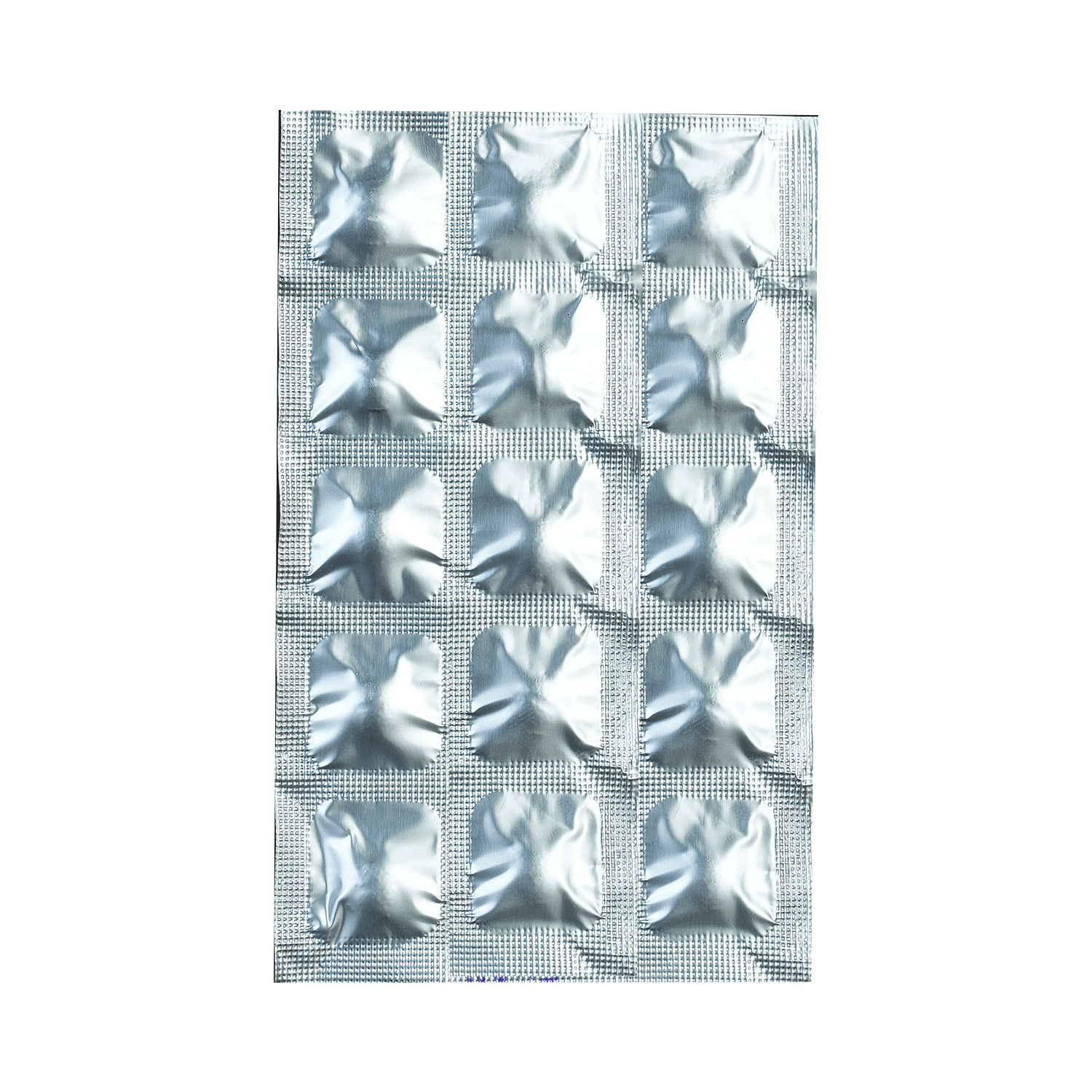
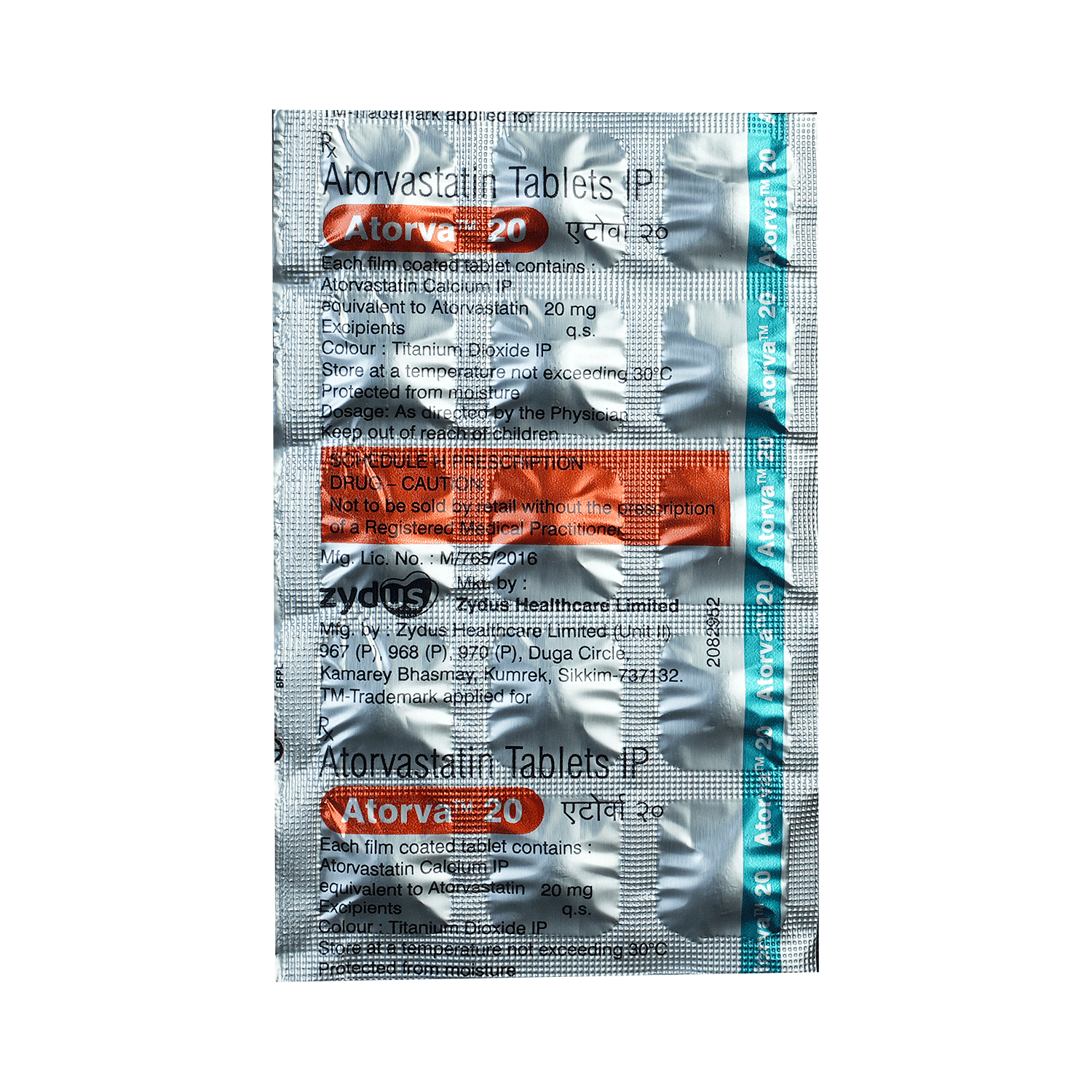
Atorva 20 Tablet
Manufacturer
Cadila Pharmaceuticals Ltd
Salt Composition
Atorvastatin (20mg)
Key Information
Short Description
Atorva 20 Tablet belongs to a group of medicines called statins. It is used to lower cholesterol and to reduce the risk of heart diseases.
Dosage Form
Tablet
Introduction
Atorva 20 Tablet is a widely prescribed medicine and is regarded as safe for long-term use when taken as per the doctor's advice. It can be taken with a meal or on an empty stomach. You can take it at any time of the day but try to take it at about the same time each day. Most people with high cholesterol do not feel ill but stopping your medicine may increase your cholesterol levels thereby increasing your risk of heart disease and stroke.
Directions for Use
Take this medicine in the dose and duration as advised by your doctor. Swallow it as a whole. Do not chew, crush or break it. Atorva 20 Tablet may be taken with or without food but it is better to take it at a fixed time.
Safety Information
Side Effects
constipation flatulence dyspepsia abdominal pain
Alcohol Warning
Caution is advised when consuming alcohol with Atorva 20 Tablet. Please consult your doctor.
Breastfeeding Warning
Atorva 20 Tablet is unsafe to use during breastfeeding. Data suggests that the drug may cause toxicity to the baby.
Pregnancy Warning
Atorva 20 Tablet is highly unsafe to use during pregnancy. Seek your doctor's advice as studies on pregnant women and animals have shown significant harmful effects to the developing baby.
Interacting Medicines
Amiodarone Amlodipine Azithromycin Benidipine
How it works
Atorva 20 Tablet is a lipid-lowering medication (statin). It works by blocking an enzyme (HMG-CoA-reductase) that is required in the body to make cholesterol. It thus lowers 'bad' cholesterol (LDL) and triglycerides, raising the level of 'good' cholesterol (HDL).
Quick Tips
Take it with food if you experience diarrhea, gas or an upset stomach Inform your doctor if you experience fatigue, muscle weakness or muscle pain Your doctor may check your liver function before starting the treatment and regularly thereafter Inform your doctor if you have kidney disease, liver disease or diabetes before starting treatment with this medicine
Related Medicines
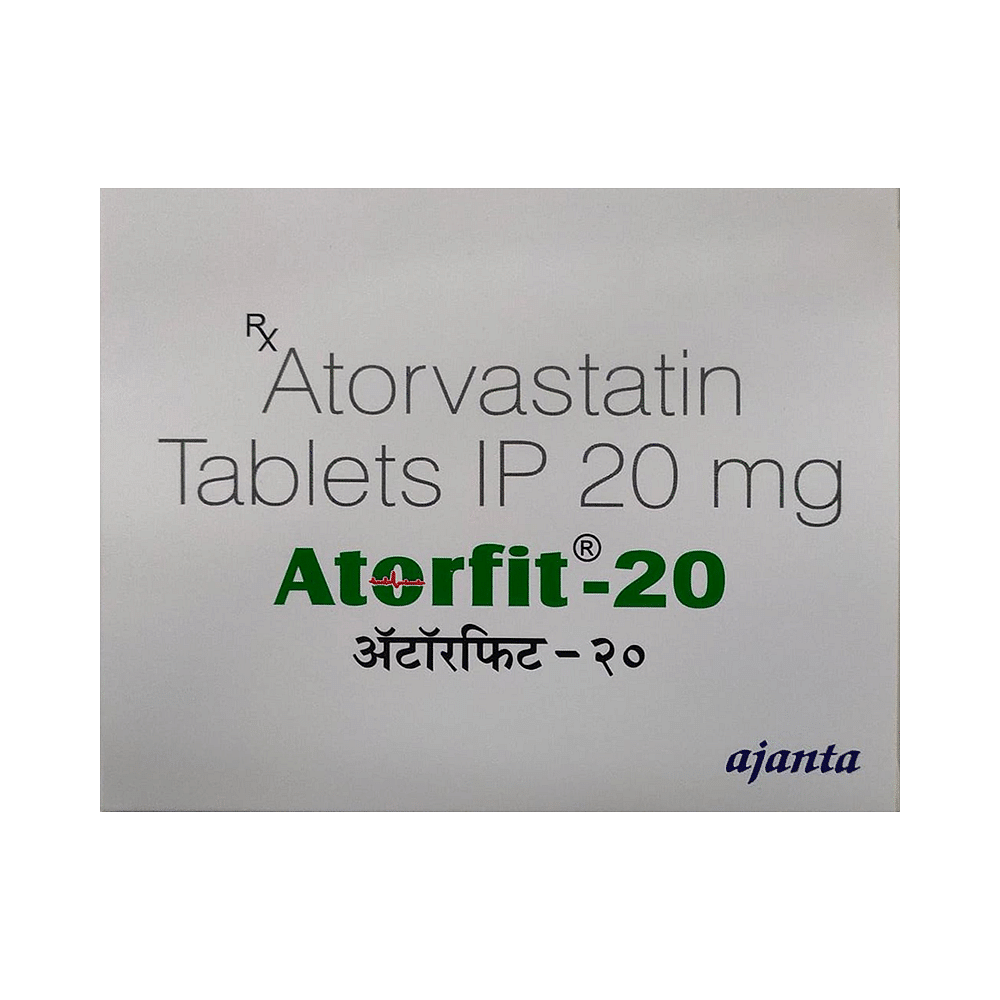
Atorfit 20 Tablet
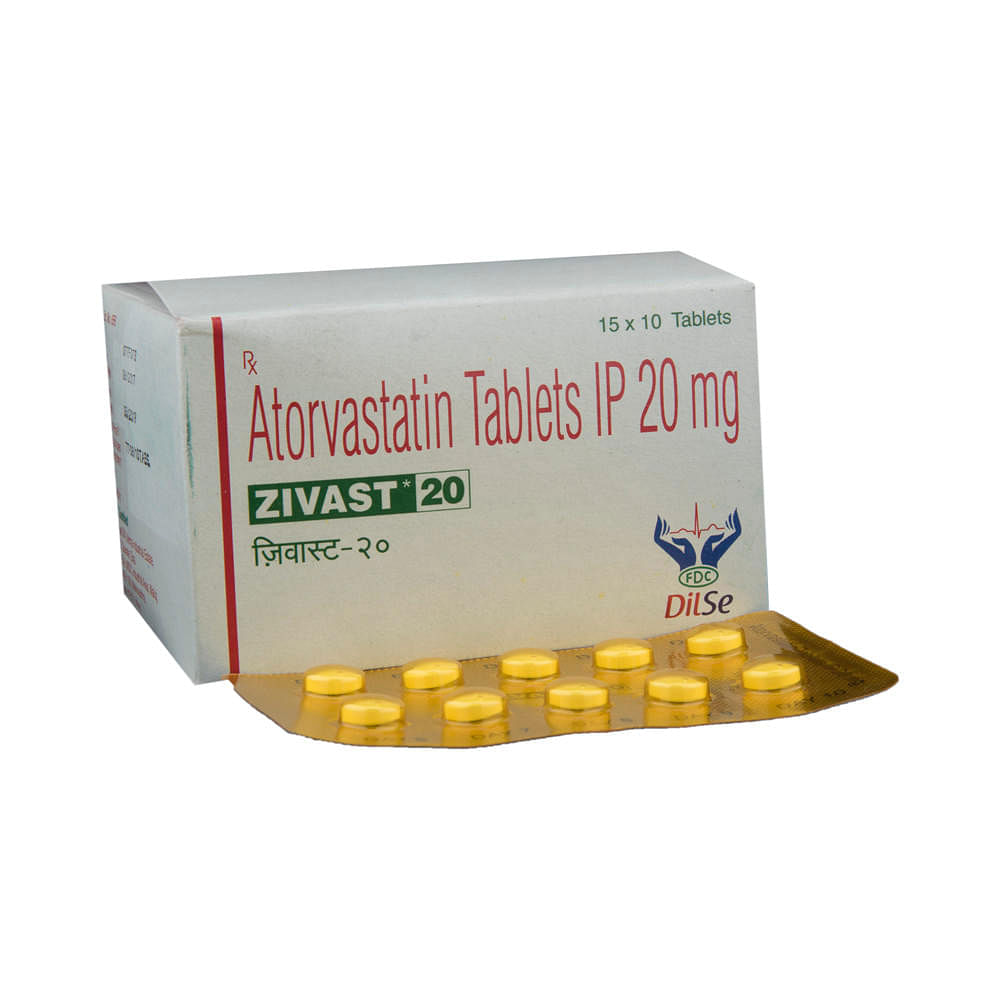
Zivast 20 Tablet
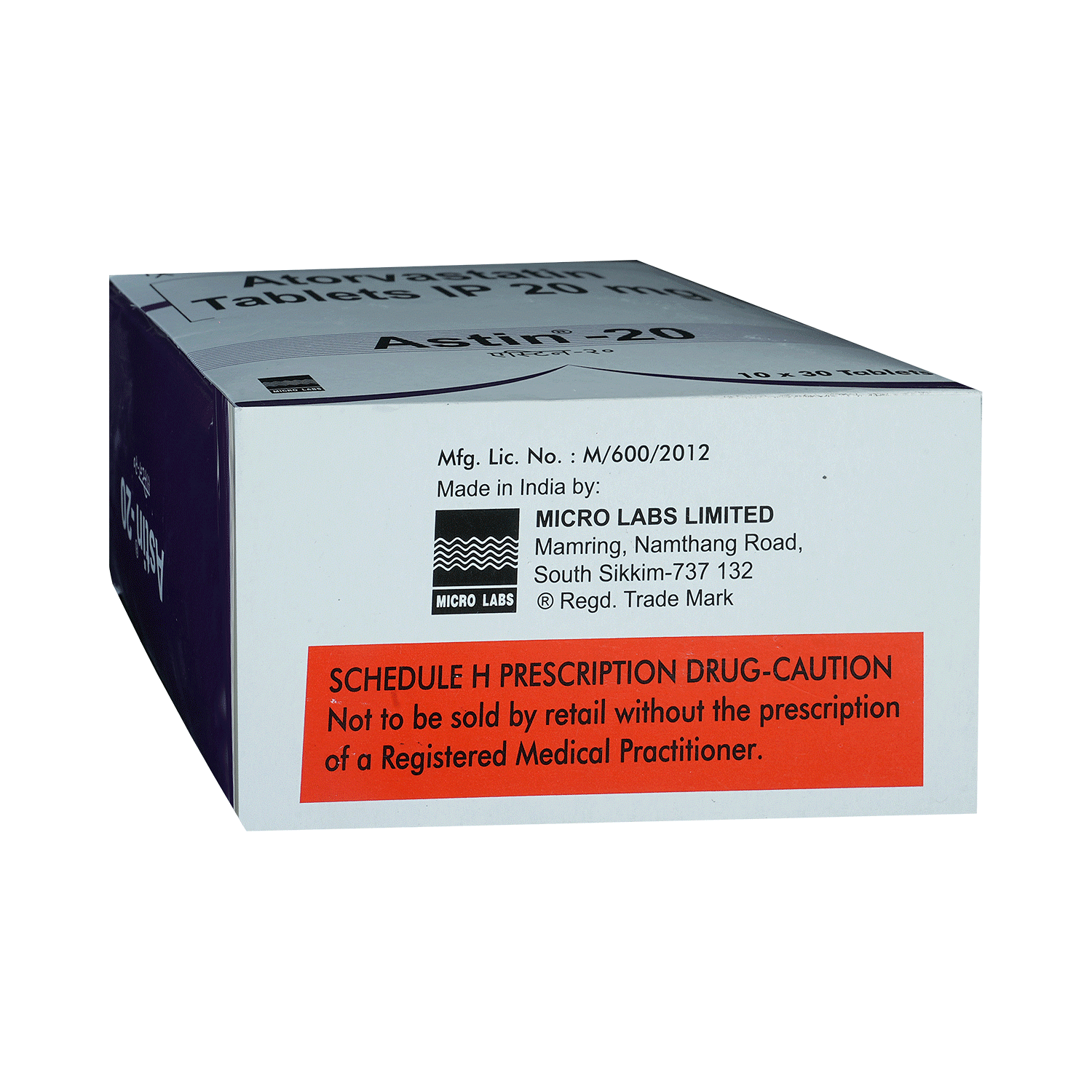
Astin-20 Tablet

Orvas 20 Tablet
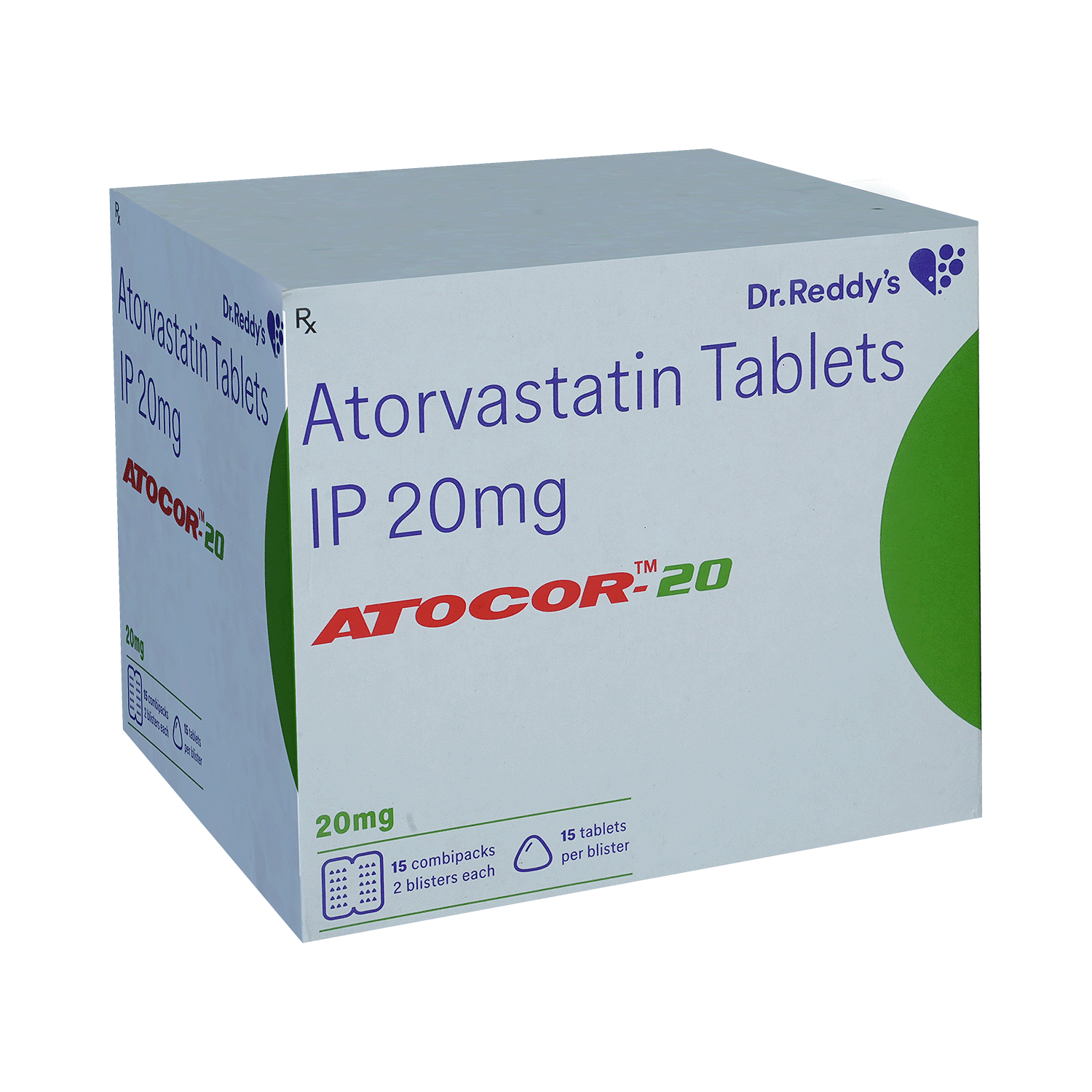
Atocor 20 Tablet
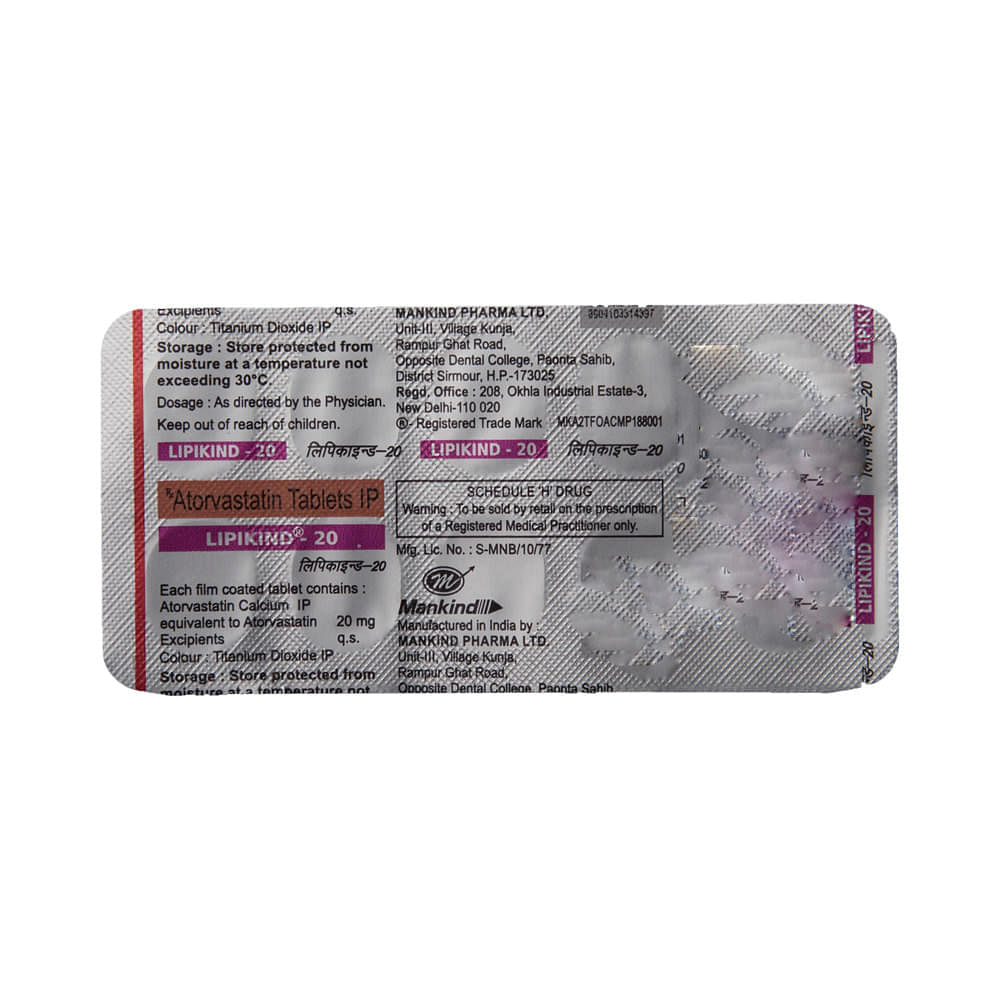
Lipikind-20 Tablet
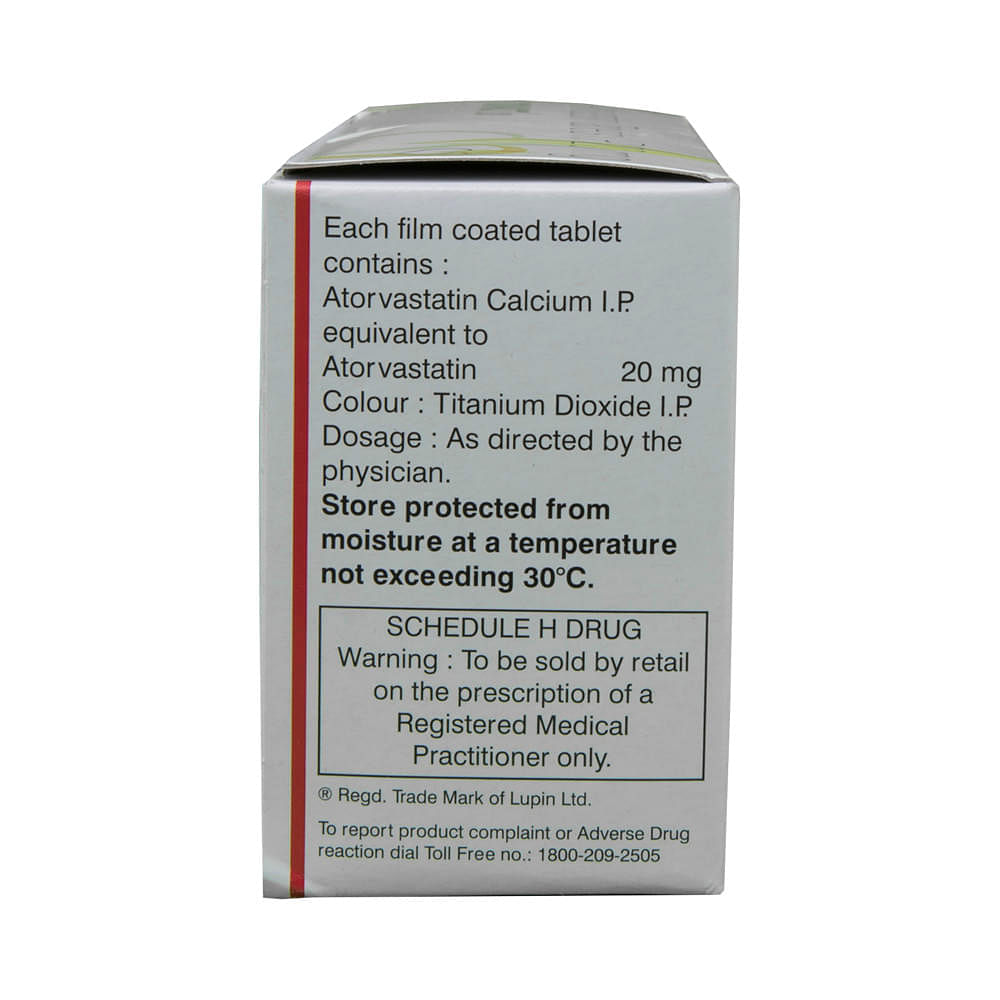
Tonact 20 Tablet
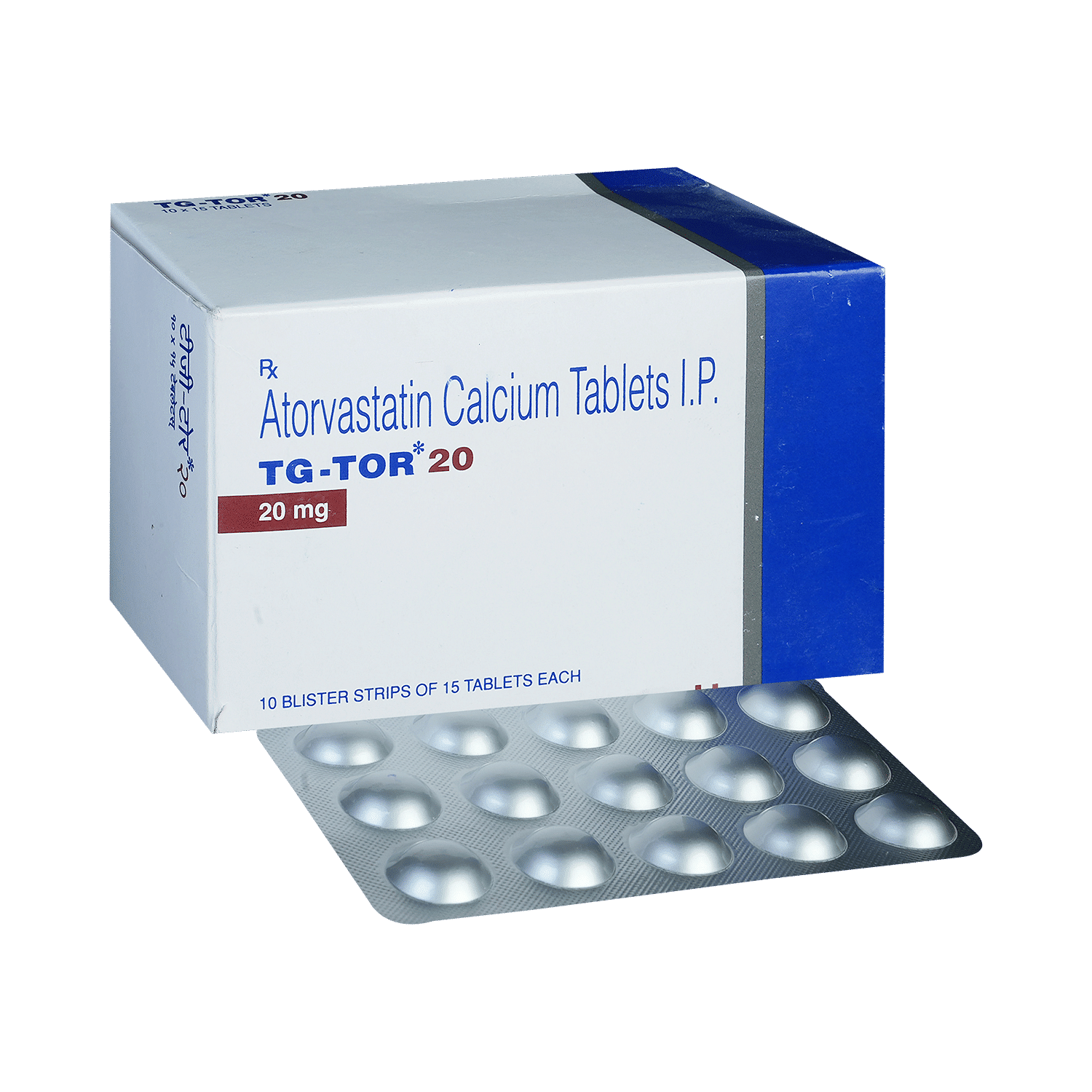
TG-Tor 20 Tablet

CAAT 20 Tablet
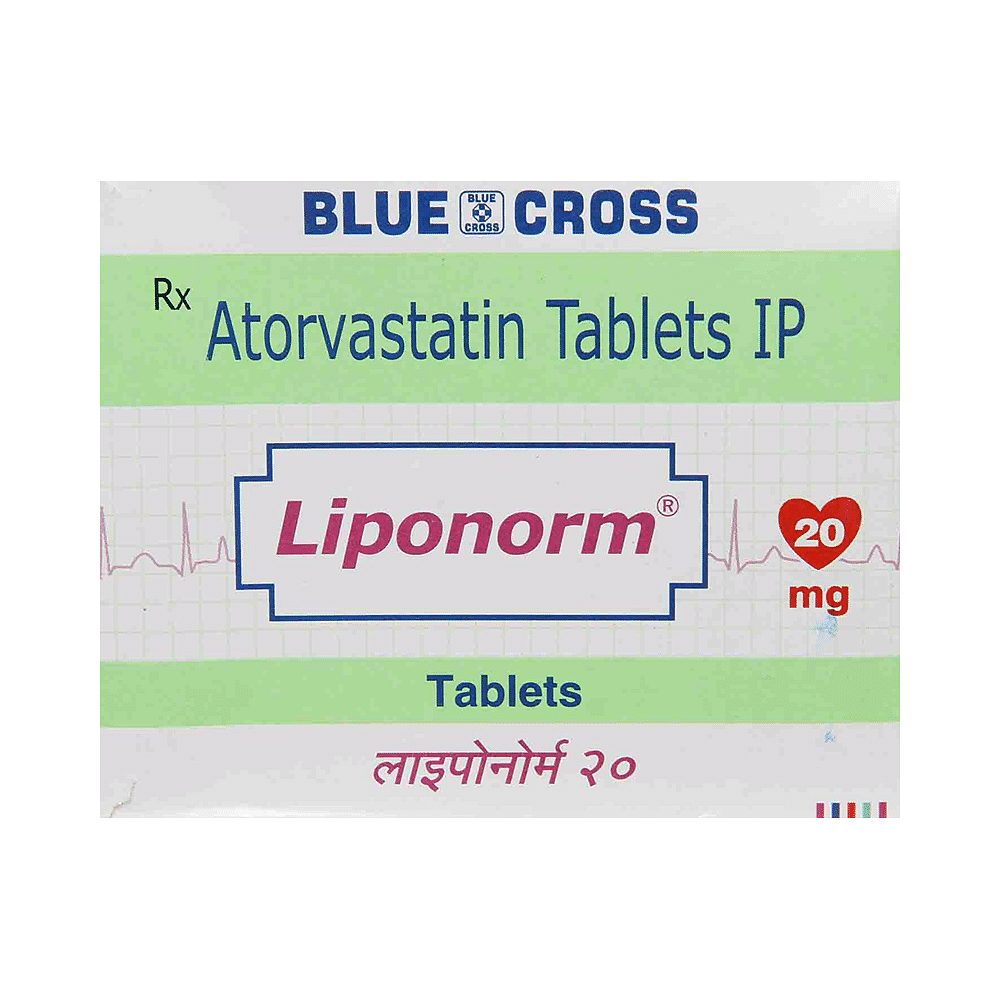
Liponorm 20mg Tablet
Frequently asked questions
What should I know about high cholesterol?
Cholesterol is a type of fat found in your blood. Total cholesterol is determined by the total amount of LDL and HDL cholesterol in the body. LDL cholesterol is called 'bad' cholesterol because it can build up in the walls of your blood vessels, slowing or blocking blood flow to your heart, brain, and other organs, potentially leading to heart disease and stroke. HDL cholesterol is called 'good' cholesterol because it prevents 'bad' cholesterol from building up in the blood vessels. High levels of triglycerides are also harmful to you.
Can Atorva 20 Tablet cause muscle problems or muscle injury?
Yes, taking Atorva 20 Tablet can cause muscle problems or muscle injury. This is due to reduced oxygen supply to the muscles, leading to fatigue, muscle pain, tenderness, or muscle weakness. The soreness may be significant enough to interfere with your daily activities. Do not take it lightly, and consult your doctor to learn about ways to prevent this and to avoid making it worse.
Is Atorva 20 Tablet used for lowering cholesterol?
Atorva 20 Tablet belongs to a group of medicines called statins, which lower the levels of lipids or fats in your blood. It is used to lower triglycerides and cholesterol in the blood when a low-fat diet and lifestyle changes fail to reduce these levels. If you are at an increased risk of heart disease, Atorva 20 Tablet can also be used to reduce this risk even if your cholesterol levels are normal. You should maintain a standard cholesterol-lowering diet during treatment.
Can Atorva 20 Tablet be prescribed to children?
Atorva 20 Tablet is for adults and children aged 10 years or older. Consulting with your doctor about the use of Atorva 20 Tablet in children is necessary.
Can I take alcohol with Atorva 20 Tablet?
No, it is not advised to take alcohol with Atorva 20 Tablet. This is because the risk of developing liver problems increases if you drink alcohol while taking this medicine. Additionally, there is a significant increase in triglyceride levels if Atorva 20 Tablet is taken alongside alcohol. This can further lead to liver damage and worsen some of the side effects such as muscle pain, muscle weakness, and tenderness. People with liver problems should therefore not take Atorva 20 Tablet without consulting their doctor. They should also refrain from consuming alcohol while taking this medicine for optimal benefit.
Does Atorva 20 Tablet cause memory loss?
Memory loss may occur with Atorva 20 Tablet in very rare cases. This is generally not serious and may appear as early as 1 day or could take years to appear. These symptoms may disappear within about 3 weeks of discontinuing Atorva 20 Tablet. However, you should consult your doctor if you experience this side effect as it might be due to another reason.
When should I take Atorva 20 Tablet?
Atorva 20 Tablet is generally taken once a day. It can be taken in the morning or night, or at any time of day with or without food. Try taking this medicine at the same time each day to help you remember when to take it.
Does Atorva 20 Tablet make me tired?
Yes, Atorva 20 Tablet can make you feel tired because they reduce energy supply to your muscles. The exact reason is unknown and requires further research. Tiredness usually occurs after exertion. Generalized fatigue is more often seen in individuals with heart disease or those suffering from liver illness. Atorva 20 Tablet also causes muscle damage which further worsens the tiredness. You should consult your doctor if you feel tired while taking Atorva 20 Tablet.
What are the most common side effects of Atorva 20 Tablet?
Common side effects of Atorva 20 Tablet include nausea, indigestion, constipation, flatulence, diarrhea, headache, and aches and pains in your back and joints. It may also cause nosebleeds, sore throat, and cold-like symptoms such as a runny nose, blocked nose, or sneezing.


